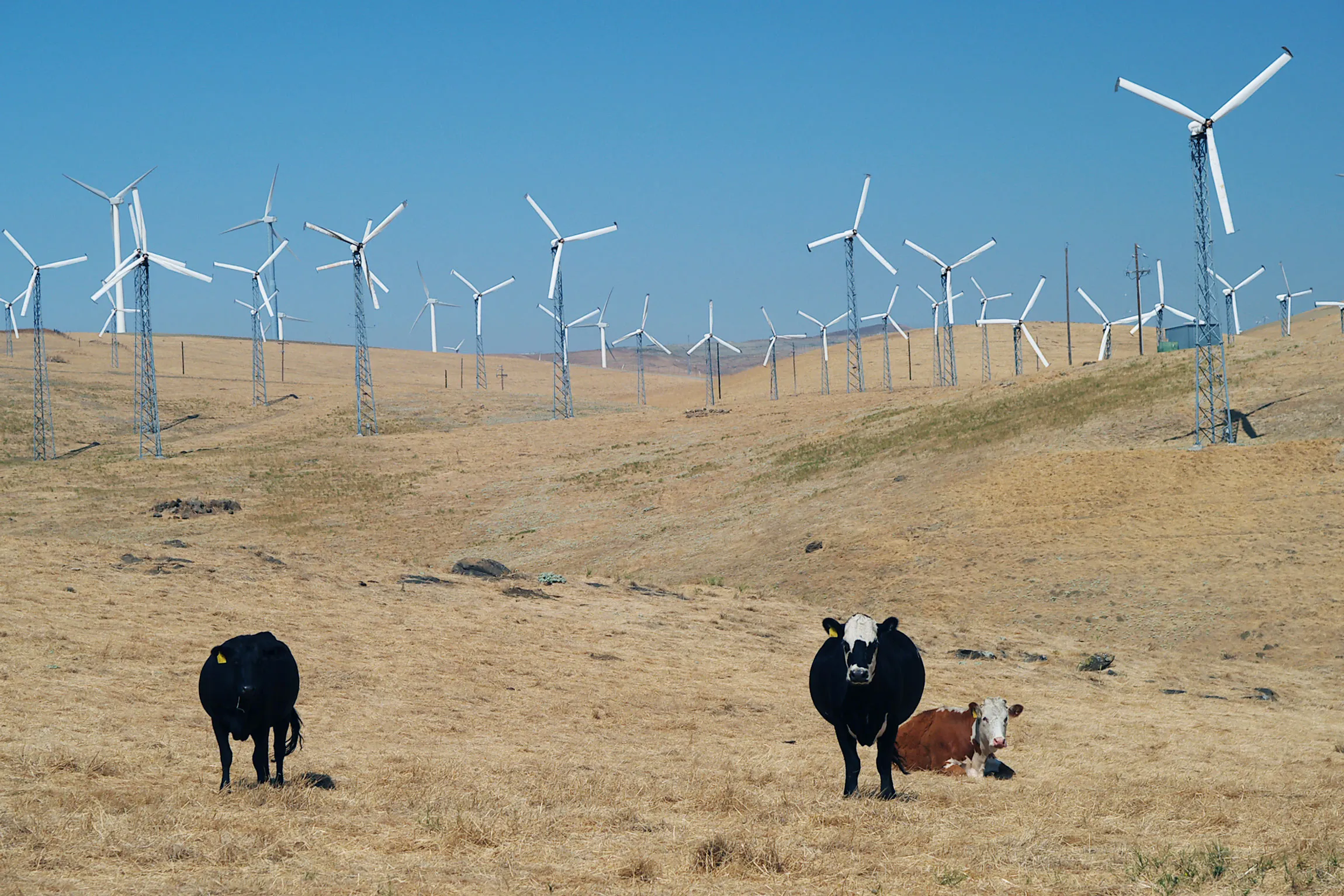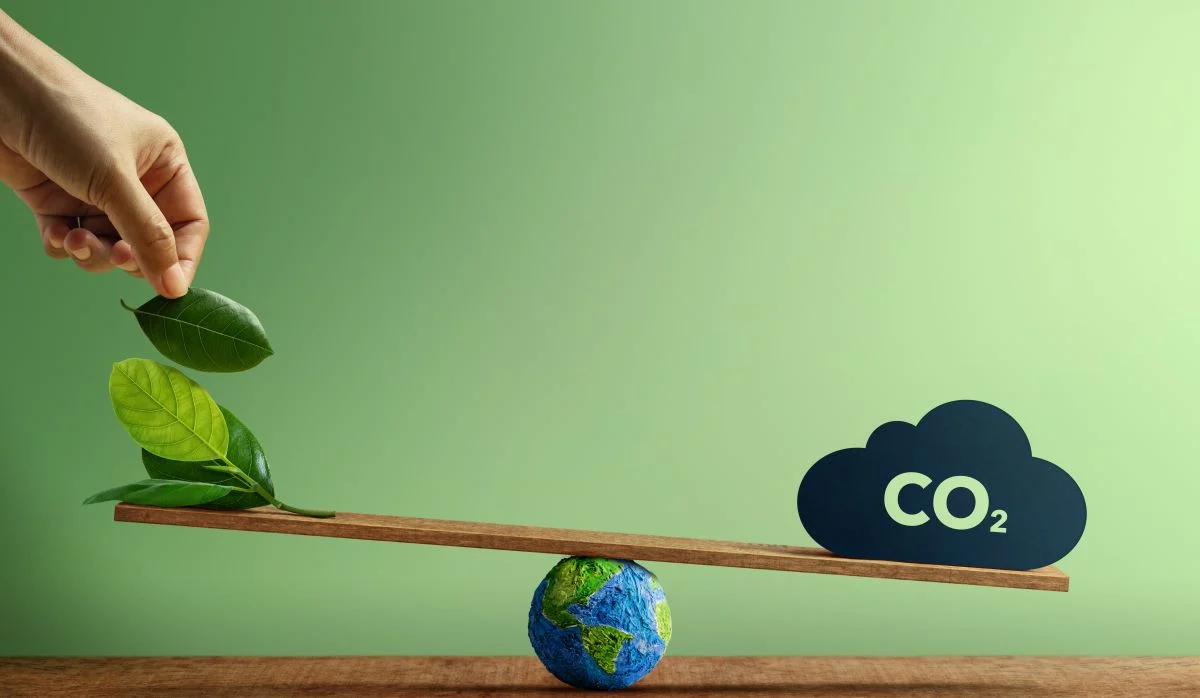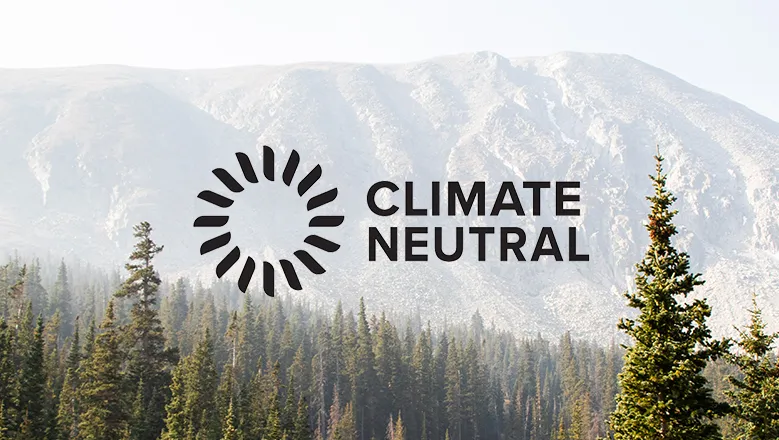What is Carbon Neutral? What You Need to Know About Climate Neutrality
Carbon neutrality refers to when a group or individual has balanced their carbon emissions by offsetting or removing an equivalent amount of CO2 from the atmosphere.
July 13, 2023

As our world seeks to address climate change, and its global impacts, achieving carbon neutrality has emerged as a crucial goal. But what is carbon neutral?
What does it mean to achieve climate neutrality? What are the ways that governments, businesses, and individuals can become carbon neutral?
Let’s break it down.
What is Carbon Neutral?
In short, carbon neutrality refers to when a group or individual has balanced their carbon dioxide (CO2) emissions by offsetting or removing an equivalent amount of CO2 from the atmosphere.
But, there’s a lot more to it than that.
Carbon neutrality plays a vital role in combating global warming.
By reducing and offsetting carbon emissions, we can minimize the release of greenhouse gasses into the atmosphere, thereby curbing the adverse impact on the environment.

The European Parliament highlights the significance of carbon neutrality as a key milestone in combating climate change.
According to their analysis, achieving carbon neutrality by 2050 is essential to limit global warming to well below 2 degrees Celsius above pre-industrial levels.
Offsetting Emissions
To remove or offset greenhouse gasses, many companies turn to initiatives like reforestation projects, renewable energy production, or methane capture.
Offsetting projects are typically developed by NGOs (non-governmental organizations), private entities, or nonprofits. They can, and should, be certified under benchmark standards.
Two of the leading standards are Gold Standard and VCS, while close contenders are the American Carbon Registry and Plan Vivo.
There are two types of offset markets.

- Mandatory or “compliance” markets exist when the government has capped the amount of CO2 a company can emit. Companies can then pay for sustainability programs that are independently evaluated to determine the amount of CO2 they save.
- Voluntary offset markets are similar, but allow individuals and companies to voluntarily choose how much to offset. There is no regulation on this market, though!
There is no global standard for the cost of carbon.
The price of offsets depends on the project that produces them – but $5 to $10 per metric ton of CO2 is the norm.
At Karma Wallet, we partner with Rare.org to offer carbon offsets to our users.
When you offset your footprint via Karma Wallet, your donation gets spread across climate impact projects such as reforesting elephant habitats in Africa. These sorts of projects through Rare don’t just sequester carbon – they benefit local communities and people.

Looking at The Whole Picture
Like any proposed “solution” to climate change, carbon neutrality has its own unique pros and cons.
While it is an effective tool that we must use, it is not the only thing we should be doing to tackle climate change.
Pros
- Carbon offsets give companies a way to create positive environmental impact
- Many carbon offset projects create green jobs that benefit communities
- Improved air quality and public health from reduced carbon emissions in the atmosphere
Cons
- Lack of standardization and regulation in the voluntary market
- Some offset programs may not deliver the reductions they promise
- Some argue that offsets allow companies and individuals to pay their way out of the climate problem without changing behavior – or lead to greenwashing

Begin Your Carbon Neutral Journey
While company carbon offsetting is what we usually hear about when we discuss climate neutrality, you can also implement it in your own life.
Begin your personal carbon-neutral journey by understanding your carbon footprint.
Measure and evaluate your current emissions across different activities such as energy consumption, transportation, and waste generation.
On Karma Wallet, we will calculate your shopping carbon footprint – aka the carbon emissions generated by your daily spending. Then, we help you offset it through Rare. Get started here!
Climate Neutral Certified
Karma Wallet’s partner, Climate Neutral, is our go-to for all things in the carbon neutral space.
They provide resources, guidance, and of course their Climate Neutral Certification process to help companies measure, reduce, and offset their carbon emissions.
Climate Neutral’s uniform and rigorous approach ensures that participating companies annually measure their total carbon footprint, make time-bound reduction action plans to reduce emissions, and compensate for all of last year’s impact with eligible verified carbon credits.
Through their platform, Climate Neutral plays a crucial role in driving collective action and fostering a more environmentally conscious global community.

At Karma Wallet, we’ve teamed up with Climate Neutral to help individuals find and support brands dedicated to climate neutrality.
Through this partnership, Karma Wallet users can explore Company Report Cards and discover which brands we rate are Climate Neutral Certified businesses.
Next Steps
Carbon neutrality will require collective action from individuals, businesses, and governments.
Companies need to utilize third-party verified carbon offsets as the helpful tool they can be – while also implementing things like energy efficient practices, clean energy sources, and large-scale sustainability initiatives.
Individuals should reduce their personal carbon footprint and offset emissions, but also adopt more sustainable habits.
In the fight against climate change, third-party verified carbon offsets are a meaningful way to create change when used correctly. Together, we can build a more sustainable world.
















